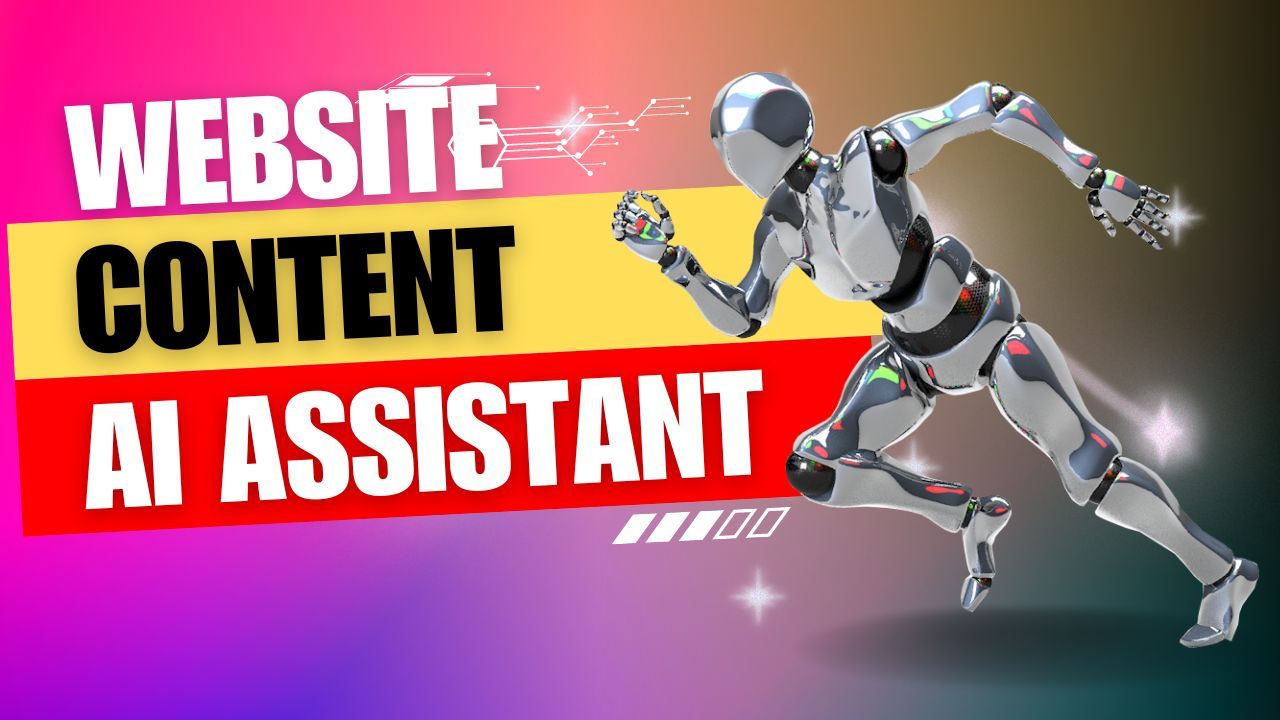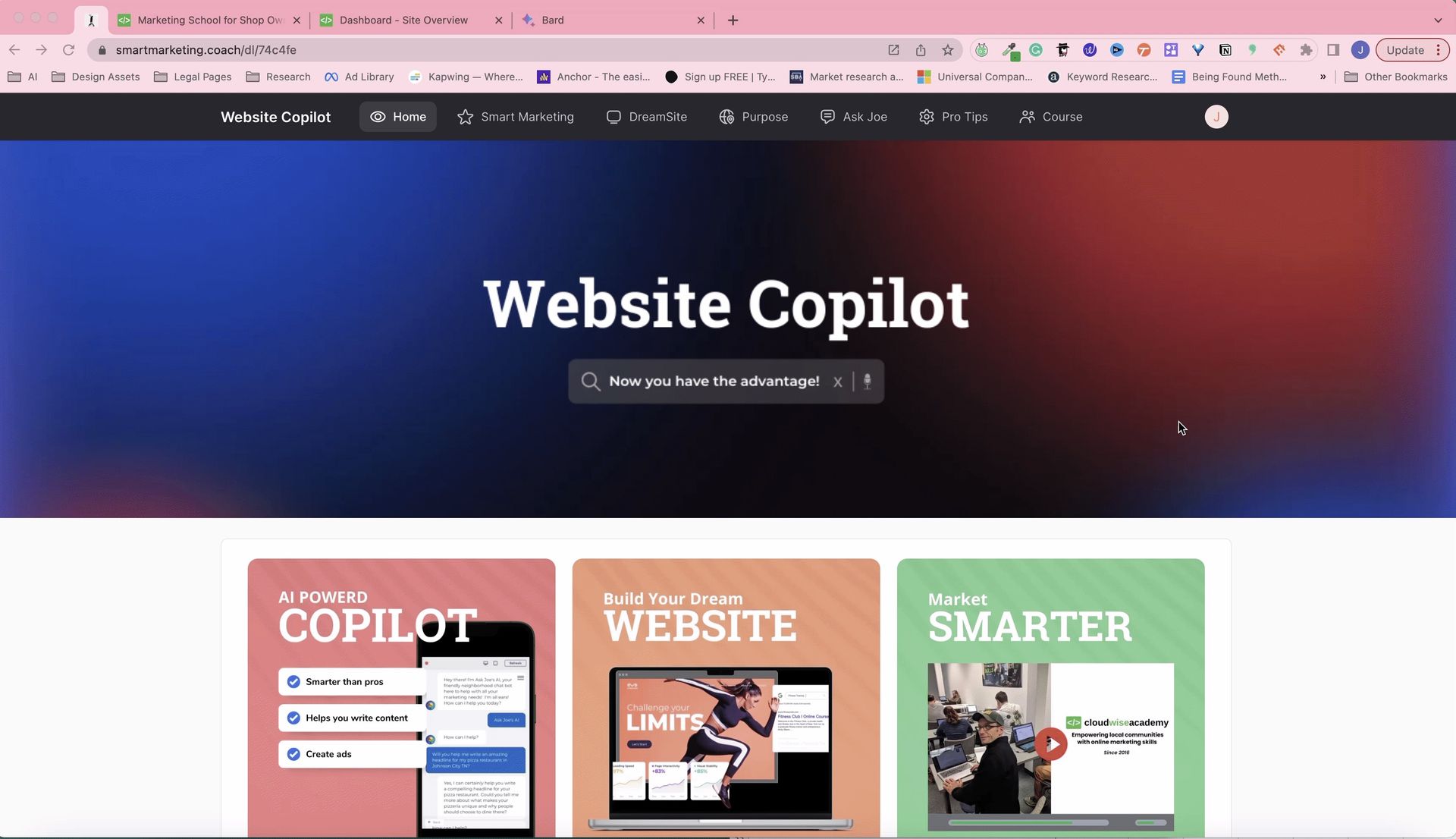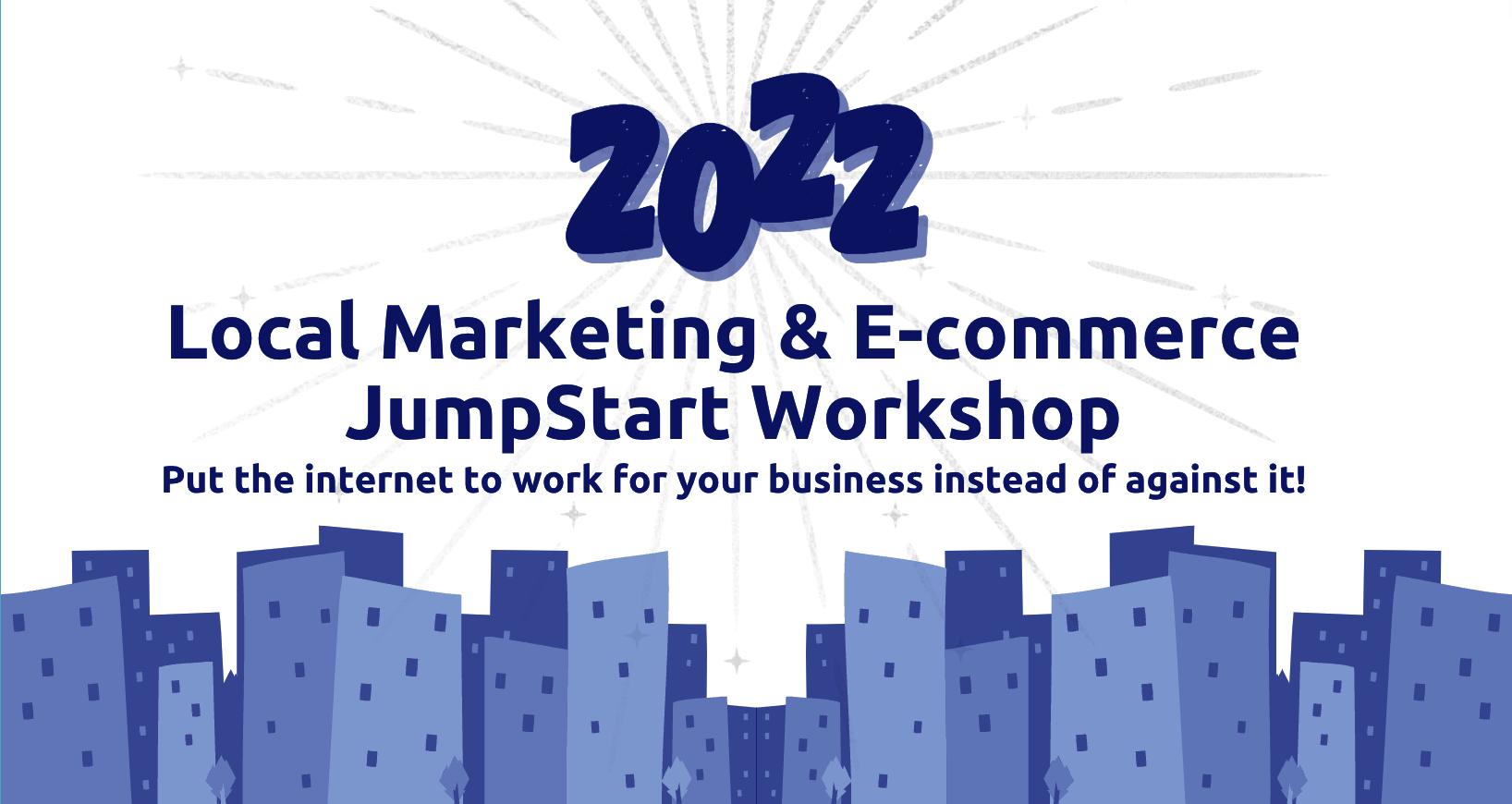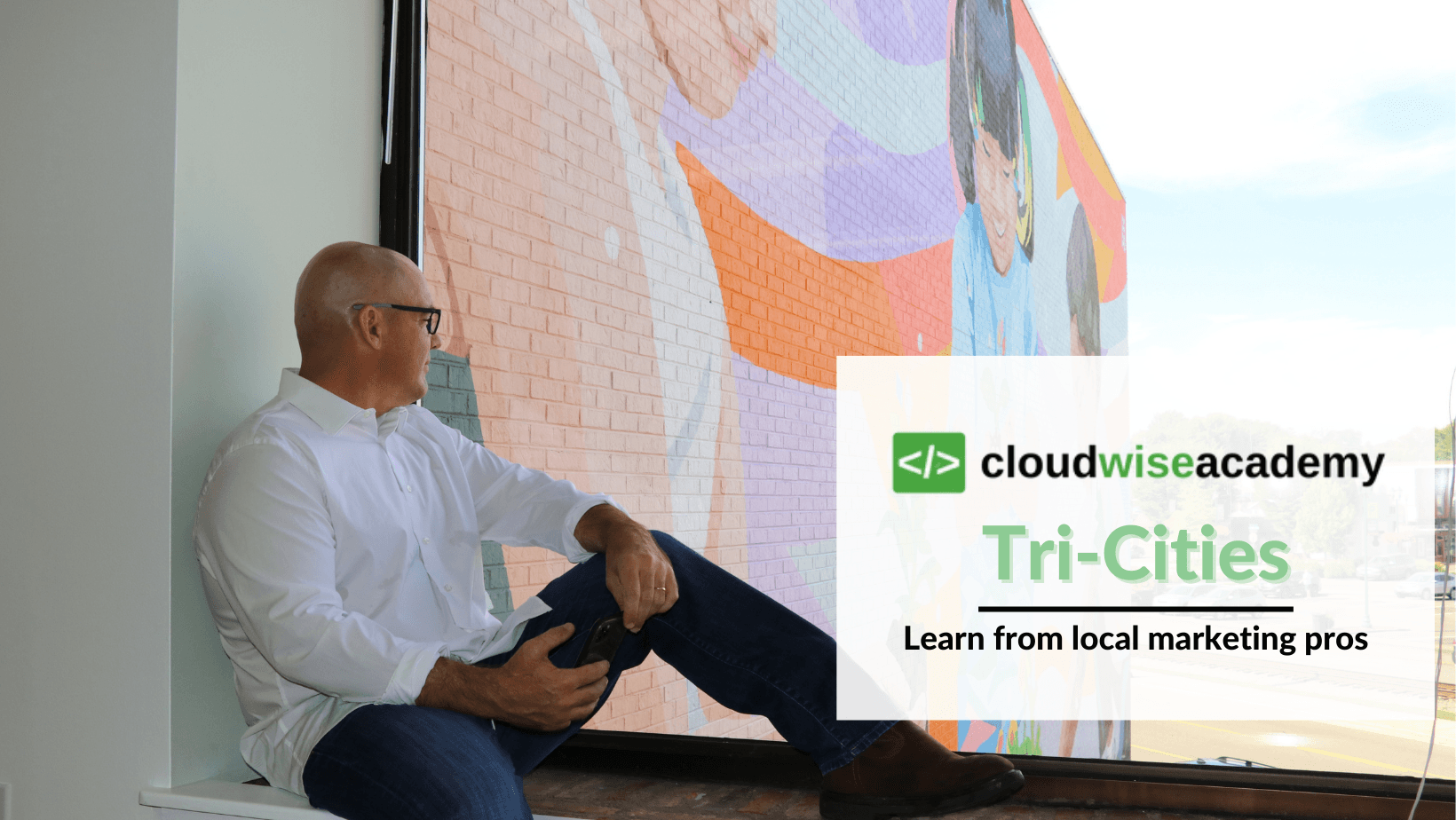Hello. My name is Chauncey Haworth, and I am an expert in Search Engine Optimization. I am the owner of a company called Archaic Media , which is responsible for managing SEO for approximately sixty businesses. In my time in the web business, I’ve learned a lot of tricks and facts about optimization that you are unlikely to find in a typical “The 10 basics of SEO you might not know” article.
The other day, I looked at three pages for a web marketing company and gave them advice on how those pages could be improved. Consider these pages case studies in the fine art of search engine optimization and content marketing.
SEO Case #1 – The home page for an independent makeup supplier
The first thing I noticed about the front page is that it simply didn’t have much content on it. There was a large banner with the name of the site and a picture of a woman wearing makeup, as well as images that linked to each of the major product categories (makeup, skin care, hair care and so on) on the site. But there wasn’t a lot of text.
This is quite common for home pages, but in general, if you want to rank, you need a bit of copy. I suggested adding a header and call to action underneath the large banner, putting a few paragraphs describing each category underneath the link to the page for that category, and adding an about section at the very bottom of the front page.
I also noticed, when I inspected the code for the site, that it contained two H1 tags. This was done for the sake of design, and it looked okay, but having multiple H1 tags is confusing to Google.
When Google sees a webpage, it sees an outline like the type of formal outline you might have done in school. In fact it sees something like this.
<H1> A natural makeup store that you can trust </H1>
Content
<H2> natural makeup for all occasions </H2>
content
<H3> Natural Eyeliner </H3>
content
<H3> Natural Lipstick </H3>
content
<H2> Why natural is better </H2>
Content
And so on. Google relies heavily on title tags to figure out how an article is organized and what it’s about – this allows it to deliver more accurate search results to users. When you have two H2 tags referring to drastically different topics, then Google isn’t quite sure what your article is about and it starts hedging its bets. When Google starts hedging its bets is when you start losing traffic.
The last thing I noticed on this page is that the images did not have proper filenames, descriptions and alt tags. By “proper” I mean having something to do with the keyword they want their page to rank for or describing what the image is. The images simply had long strings of irrelevant text and numbers – no doubt a holdover from the development process. That kind of thing confuses Google.
First Lesson: Google is only a robot, and it’s easily discouraged and confused. If you want it to know something, you have to give it big, fat, hints!
SEO Case #2 – The front page for a home security company
This site did not have as much trouble with oddly labeled images, and it had enough well-written text to rank reasonably well. Its difficulties were a good deal more technical.
iFrames and Logjams
The security company in question had three branches in three different major cities. For each of this branches, there was a map on the main site – all well and good. But unfortunately, these maps were cropped iframes from Google maps. I suggested changing these iframes to static images of their locations. If you would still like to provide your visitor with the functionality of Google Maps you can link these images to the map.
The reason for this is simple: loading time. iFrames take a long time to load compared to basic images, and the home page already had a video on it. Nothing causes bounce rate to skyrocket like long loading times. And nothing causes a search ranking to plunge like a high bounce rate.
Silos needed – the basics of silo structure
The other problems I noticed concerned the site as a whole, not just the front page. First, I noticed there were about 300 pages on the site, which seemed very high. Assessing the content on a high amount of pages can be daunting, but it’s always important to be sure that there are not hundreds of pages of duplicate content. Duplicate content will compete against itself in the eyes of Google, causing none of your pages to rank. I recommended the use of a tool called Siteliner , which tells a user if a site contains duplicate pages.
I also recommended that a link to the sitemap be added to the footer. This is important for Google but also for accessibility. Visually impaired visitors to the site often use sitemaps to navigate your content.
More important than either of those problems, I noticed that the site did not have any landing pages devoted specifically to the keywords that a company wants to rank for. This has to do with a concept called Silo Structure – Essentially, good websites are broken into discrete “silos” around the main themes of the site. Or, to put it another way, it is not only each individual page that should be organized like an outline – a website should be also as well.
Silo structure basically determines how you link from one page to another. If you are trying to get Google to recognize that a site is about Portland, Seattle, and Spokane, you want to have a page dedicated to each of those cities. The Portland landing page might be the parent page to several other Portland-related service or product pages: Events in Portland, interviews with Portland customers, etc.
Parent pages might link to other parent pages. For instance the main page for Portland might link to the main page for Spokane. Parent pages will also link to their child pages. But parent pages do not link to the child pages for other parent pages. For example, you would not want a link from the main Portland page to an article about a sale in Seattle. That confuses Google.
Silo structure is complicated, and I only covered the basics here. But there are lots of good websites out there that don’t rank because Google doesn’t understand how the site is put together and what it’s about.
Second Lesson: Much of search engine optimization concerns topics that are invisible or obscure – problems that are on the back end or problems the average user won’t see. What does this mean for you? It means that even if you think you understand online marketing, you should probably consult an expert every now and again until you have a lot of experience. Otherwise there are just too many “unknown unknowns.”
SEO Case #3: Front page of a small family-owned Jewelry Store
The biggest problem on this site was the same as the makeup site – there just wasn’t enough copy on many of their pages.
But I noticed something else that had nothing to do with the front page, or even with the website, but everything to do with Google. The web marketing company I talked to was contracted to improve not just online sales for this jewelry store, but traffic into the store as well. However, they had not updated the store’s Google Business page. The business in question was one of the only ones of its type in a small town. But even by doing a search for their keywords specifically from that town, I found that they didn’t rank. They were knocked from the top spot by stores in the surrounding areas.
What Google Business allows you to do is to simply tell Google that a business belongs to you. Google may or may not already know about this company and have some information on it – if it doesn’t you can provide information. While doing this, you also have the option to let Google know that a particular site is associated with the business.
Google likes other Google tools. It gives them preference and it works well with them. For improving local search, staying on top of Google Business is extremely important.
Third Lesson: Using the Internet effectively means more than improving your own website. It also means taking advantage of the important tools that exist beyond your site, be they Google business or social media.
10% Better is better than 0% better
If all this sounds overwhelming, there’s good news. None of the case studies I talked about today are badly ailing sites with serious conversion problems. They could have been better, and, in a world where every business understood SEO, they would have been in serious trouble. But we don’t live in such a world. Only a few businesses understand SEO totally, and they’re mostly gigantic Silicon Valley firms.
What that means is that if you do understand these lessons, you can improve right now just by applying them a little bit. And if you do everything right, you can make way more money than you would ever expect or believe. But the bar isn’t high. You don’t need more copy, silo structure, and robust social media all at once. Just start by doing a little better. Eventually, the rest will follow.






